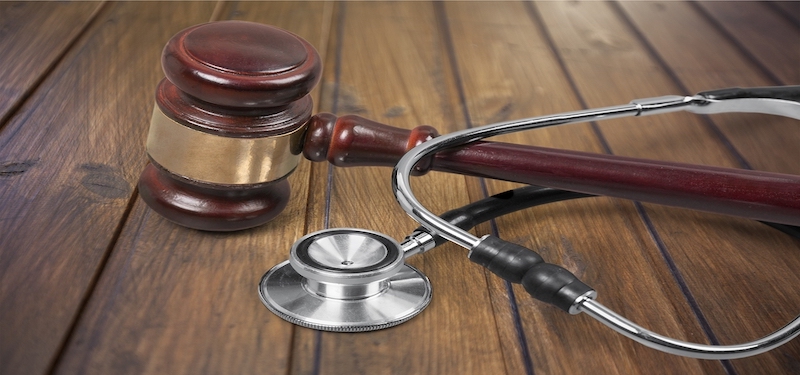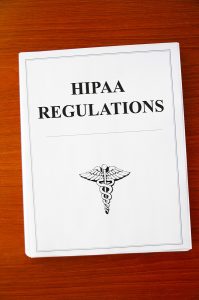What Is PHI (Protected Health Information)?

Simply put, protected health information (PHI) is any health data related to past, present, or future physical or mental health. This information can be linked to an individual and is collected about the provision of healthcare.
However, if anyone steals this information, thieves can sell and use it to commit fraud. Thieves often use it for access to medical care in the victim’s name, and it can go undetected for months or even years.
Types of PHI

Protected health information and the requirements for its protection are described in the Health Insurance Portability and Accountability Act (HIPAA). Furthermore, HIPAA provides 18 identifiers for what kinds of information they treat as PHI:
- Names
- Small-scale geographic identifiers (like zip codes)
- Dates related to the individual other than the year
- Telephone numbers
- Fax numbers
- Email addresses
- Social Security numbers
- Medical record numbers
- Health insurance beneficiary numbers
- Account numbers
- Certificate or license numbers
- Vehicle identifiers and serial numbers, including license plates
- Device identifiers and serial numbers
- Web URLs
- Internet protocol (IP) addresses
- Biometric identifiers, including fingerprints, retina scans, and even voiceprints
- Full-face photos or similar images
- Any unique identifying number, characteristic, or code
Why Secure PHI Disposal Is Essential
 For companies or medical facilities that collect PHI, secure disposal of any outdated or unnecessary health information is crucial for maintaining HIPAA compliance.
For companies or medical facilities that collect PHI, secure disposal of any outdated or unnecessary health information is crucial for maintaining HIPAA compliance.
- Medical Waste PHI—These items include syringes and other sharps, pill bottles, or IV bags that may have a patient’s information on them. There are specific containers to collect waste that are color-coded to ensure it’s transported and destroyed safely.
- Paper Documents with PHI—Secure shredding is the only way to make sure they are inaccessible once you dispose of them. Before shredding, you must store any old paper medical records in locking bins for maximum security.
- Electronic PHI—Shredding your electronic devices is the only way to make sure the drive is completely unusable because some software can recover files after you delete them. Luckily, many shredding services can also handle the complete destruction of hard drives as well as paper.
Need Help Finding Medical Waste Disposal Providers?
Medical Waste Pros partners with professional medical waste disposal providers across the United States. Our agents can connect you with regulated, hazardous, and household medical waste professionals. To find the right service for you, fill out the form or just give us a call at 888-755-6370 for a free, no-obligation quote from providers in your area.










